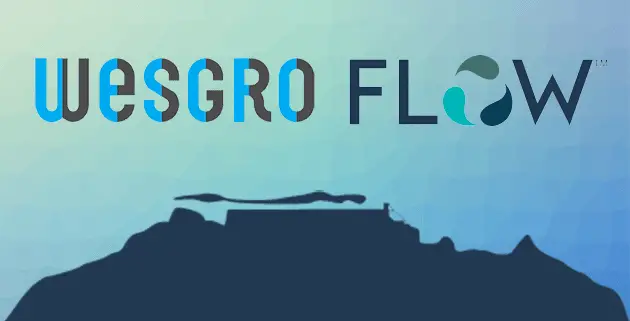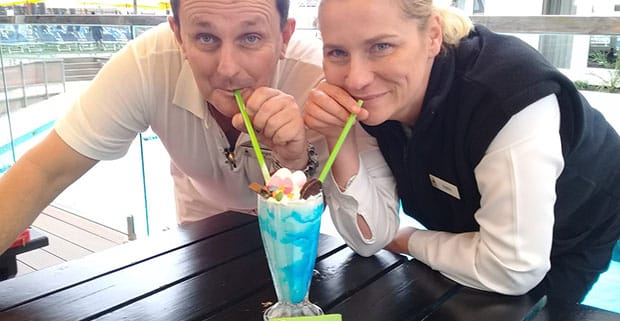BirdLife South Africa welcomes code of conduct for wind energy
BirdLife South Africa has welcomed the recent launch of the South African Wind Energy Association’s (SAWEA) recommended Code of Conduct for Wind Energy Development.

The code of conduct is an important step towards this goal and aims to promote the sustainable development of an environmentally and socially conscious wind energy industry in South Africa. While the code of conduct does not explicitly deal with birds, it does require SAWEA members to follow international best practice during project development, implementation and operation, and to exercise due care to reduce the risk of negative impacts on the environment.
Duncan Ayling, South African Wind Energy Association Environmental Working Group chairperson said “This code aims to promote the sustainable development of an environmentally and socially conscious wind energy industry in South Africa. We hope it will demonstrate the positive, responsible contribution that SAWEA is making.”
“It is important that we follow international best practice” said Samantha Ralston, Birds and Renewable Energy Manager for BirdLife South Africa. “Wind farms are new to South Africa, but we are in a fortunate position that we can learn from our international partners who have years of experience in assessing, monitoring and mitigating the impacts of wind energy on birds. With the right approach conflicts between birds and wind farms can, to a large extent, be avoided” she said.
With sponsorship from Investec Corporate and Institutional Banking, BirdLife South Africa works with government and industry to support the responsible development of a renewable energy industry in South Africa. BirdLife South Africa, in partnership with the Endangered Wildlife Trust, has developed Best Practice Guidelines for Avian Monitoring and Impact Mitigation at Proposed Wind Energy Development Sites (Download the document here). These guidelines are based on international best practice and are a key resource used to help minimise the impact of renewable energy developments on birds and their habitats.
BirdLife South Africa, the Endangered Wildlife Trust and the South African Wind Energy Association came together to celebrate the launch of the Code of Conduct on World Environment Day (8 June) and Global Wind Day (15 June) by hosting an afternoon of birdwatching. They visited sites in and around Cape Town, including Black River and Rietvlei, where magnificent birds such as flamingos and pelicans could be seen. Keeping the event green, transport was provided by the Green Cab, Cape Town’s only carbon neutral transport service.
For more information visit: www.birdlife.org.za





